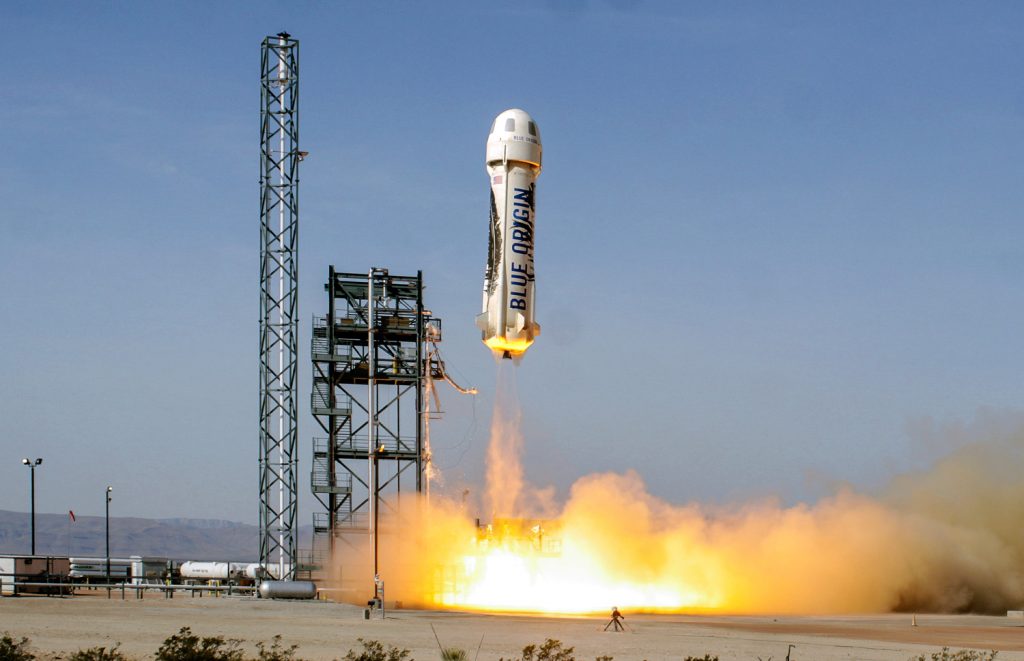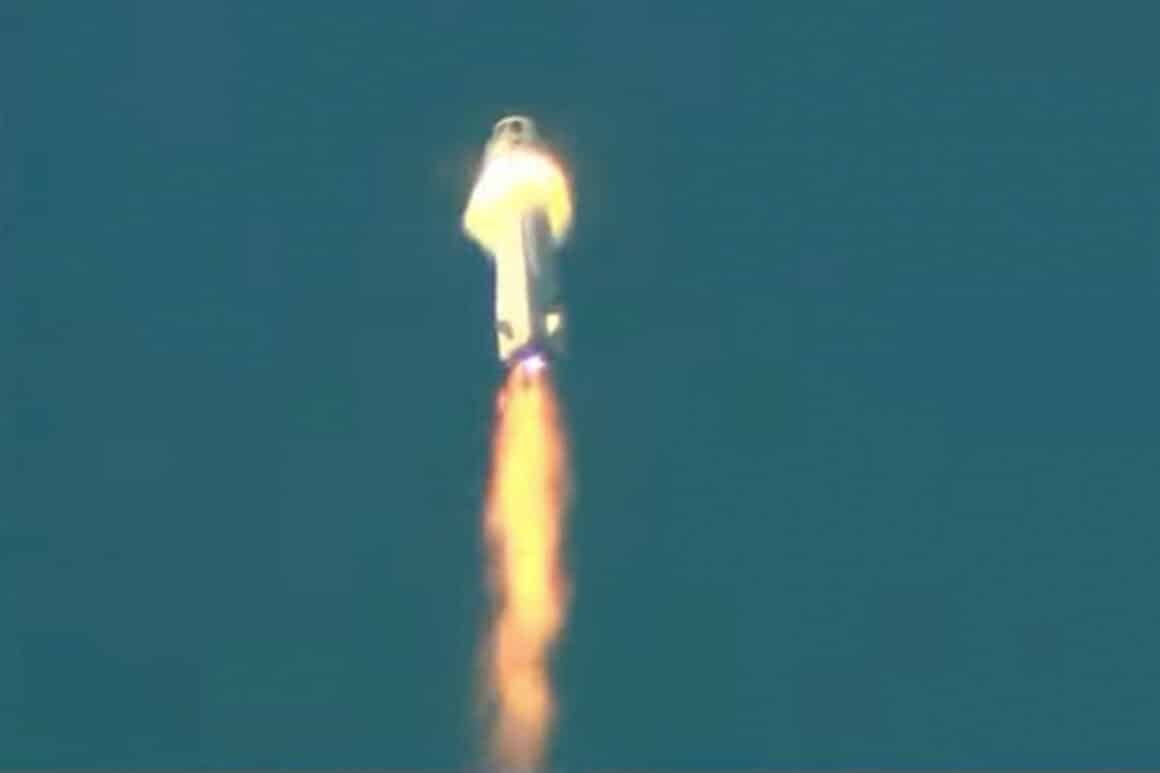Jeff Bezos’ space launch company Blue Origin has several crewed and un-crewed suborbital flights to the edge of space under its belt at this point, launching tourists for quick joy rides up and down as well as sending up experiments for various organizations.
Being a capsule atop a rocket means there is a relatively reliable abort option, if ever needed, and today they proved it when their capsule safely aborted from its failing rocket just over 1:00 into flight.
The mission, named NS-23, had no crew onboard fortunately, and was instead supposed to send up 36 science and technology demonstration payloads for various schools and organizations.
The company has not released any details as to what happened, but in the video you can clearly see the rocket’s BE-3 engine flame out as the vehicle throttled through Max-Q, which is the point where there is maximum dynamic pressure on the rocket and capsule.

Whatever the case, the capsule’s solid rocket motor launch escape (abort) system did its job, pulling it away from the failing rocket for a gentle parachute landing. It did exactly what it was supposed to, and had a crew been onboard, they would be alive and well.
Blue Origin Will Face Stop from the FAA
The FAA will lead the investigation, and Blue Origin will not be allowed to launch again until the FAA says so. “The FAA will determine whether any system, process, or procedure related to the mishap affected public
safety,” noted the agency in a statement, adding “this is standard practice for all mishap investigations. The FAA is responsible for protecting the public during commercial space transportation launch and reentry operations.”

SpaceX uses capsules for crew and cargo missions as well, and so does NASA with their new Orion spacecraft, which is currently sitting atop the most powerful rocket in the world at Kennedy Space Center, awaiting launch on the Artemis-1 mission to the moon in the coming weeks.
